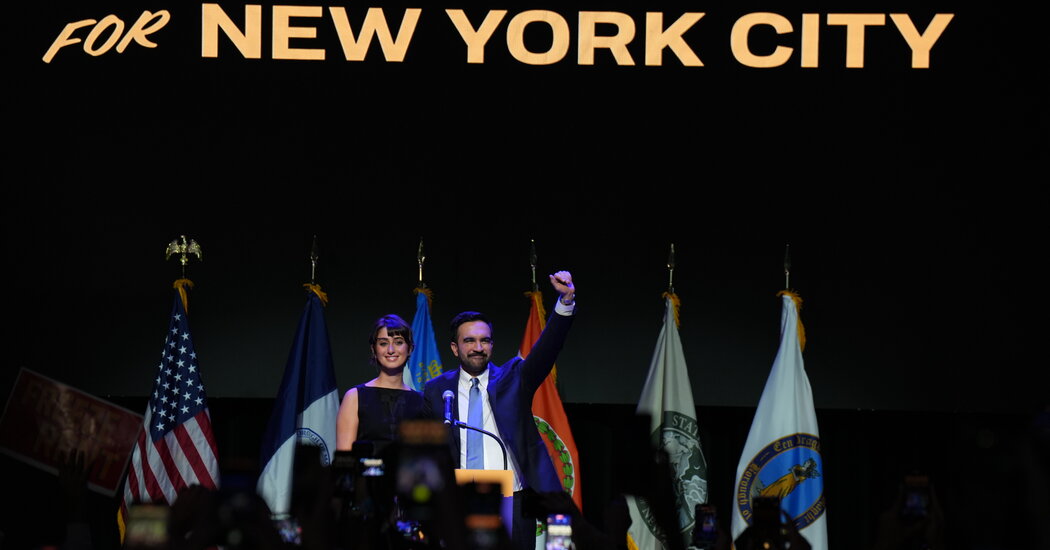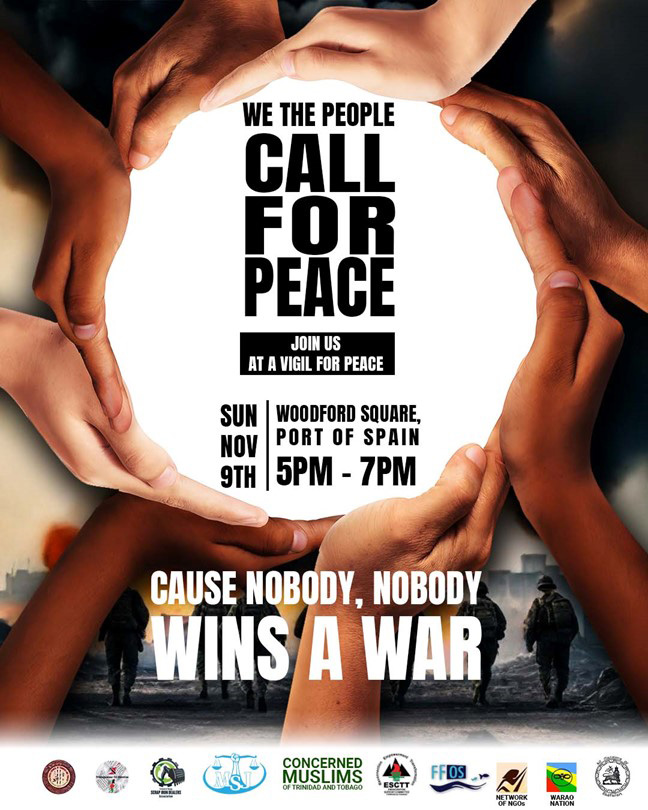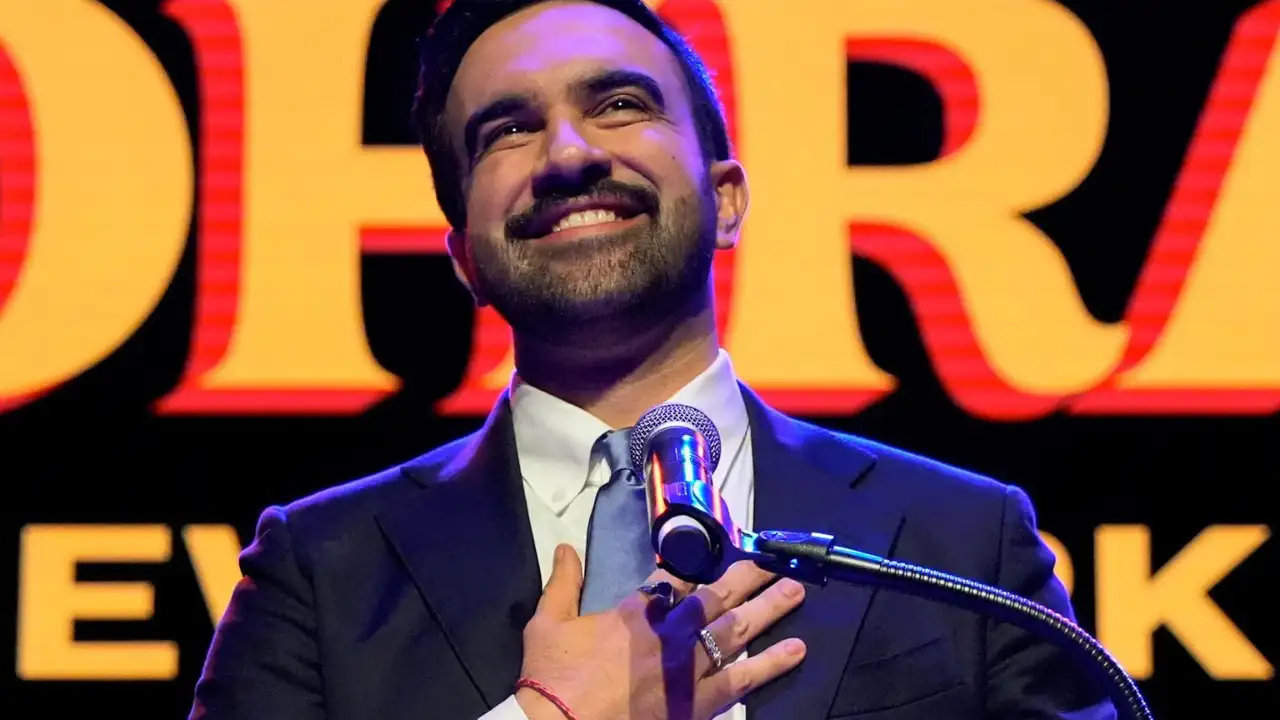Copyright The New York Times

Zohran Mamdani’s victory speech in the New York mayoral race was carried live on Israeli television and radio, a sign of the deep concern in the Jewish state about the next leader of the city with the world’s largest population of Jews. His election triumph prompted an emotional and often overheated debate that skipped past asking whether it would be damaging to American Jews and to Israel’s standing in the United States, and moved quickly to questioning how devastating it would be for an ardent critic of Israel to hold the mayoral office in New York. “The Big Apple has fallen,” Avigdor Liberman, the leader of a right-wing opposition party and former foreign minister, said through a spokesman. He urged “New York Jews who want to survive” to emigrate “to where they belong — the land of Israel.” The intense reaction was accompanied by scant consideration of how Israel’s policies and conduct of the war in Gaza had fueled Mr. Mamdani’s political support. And it reflected how his criticisms of Israel had broken what had long been unwritten but seemingly inviolable rules for American politicians, who for generations have treated support for Israel as essential for advancement to higher office. Among Palestinians, by contrast, the triumph by the 34-year-old Mr. Mamdani, who will become New York’s first Muslim and South Asian mayor, was hailed as a milestone in multiple ways. Some saw a welcome generational shift in American public opinion — one that might even encourage mainstream Democrats to speak out against Israel and in support of the Palestinians without fear that it could sink their careers. On the campaign trail, Mr. Mamdani refused to say whether he supported Israel’s right to exist as a Jewish state, saying he believed that all its citizens, regardless of their religion, should enjoy equal rights. Israel says that all its citizens do have equal rights under the law. Mr. Mamdani argued that Israel had committed genocide in Gaza, a claim also made by a United Nations commission and by many human rights groups. And he appeared reluctant early in the campaign to condemn an activist phrase, “globalize the intifada,” which many Jews find threatening because of its association with terrorism and violence during Palestinian uprisings in the 1980s and 2000s. Throughout the campaign, Mr. Mamdani was the subject of vitriolic attacks suggesting he was a terrorist sympathizer, particularly in the final weeks of the contest after he sidestepped a question about whether Hamas should lay down its arms. Mr. Mamdani said only that he believed both Hamas and Israel needed to “abide by international law” but, under pressure, he later clarified that he condemned Hamas. Mr. Mamdani also vowed, if elected, to arrest Prime Minister Benjamin Netanyahu of Israel on a warrant from the International Criminal Court, though experts said that such a move was most likely illegal. Mr. Netanyahu’s office did not respond on Wednesday to a request for comment. A number of Netanyahu allies, unsurprisingly, reacted to the result in New York by repeating some of the most strident attacks against Mr. Mamdani. And Amichai Chikli, an Israeli minister whose portfolio includes the Jewish diaspora and combating antisemitism, suggested that New York’s new mayor was “someone whose positions are not far removed from the jihadist fanatics who murdered 3,000 of its people” in the Sept. 11, 2001, attacks. “New York is walking with open eyes into the abyss into which London has plunged,” he wrote on social media, alluding to the Muslim mayor of the British capital, Sadiq Khan. There was little self-reflection in response to Mr. Mamdani’s victory. Gilad Erdan, an Israeli former ambassador to Washington, suggested on social media that Israel needed merely to “rebrand ourselves in the United States.” Indeed, critics of Israel’s right-wing coalition noted derisively that government officials were studiously avoiding questioning the policies that had damaged Israel’s standing in the United States. “Israel is on its way to becoming an authoritarian state,” Ksenia Svetlova, a professor and former left-wing member of Parliament, wrote on social media. She added that extremist Jewish settlers were “rampaging” in Palestinian areas of the Israeli-occupied West Bank, “and the defense minister is turning a blind eye. But what do we do with the fact that Mamdani won in New York?” Several analysts said that Mr. Mamdani’s achievement held lessons about the future of American politics that Israeli leaders would do well to heed. “What he did proves that standing up against Israel without lowering one’s gaze can be politically profitable, or at least not harmful,” Shmuel Rosner, an expert on Israel-diaspora relations, wrote on his blog. And Amir Tibon, a journalist for Haaretz, a left-wing newspaper in Israel, placed the New York result in the broader political context of a successful night for Democrats in races across the United States. “At a time when Israel’s standing in the Democratic Party is at an unprecedented, historic low,” he said, Mr. Mamdani’s win gave “tailwind” to progressives, who are Israel’s biggest Democratic critics. Addressing that would require changes in both policy and messaging, Mr. Tibon wrote in a social media post: “The chance that the current government will adapt itself to this situation or even discuss it? You’ve got to be kidding.” For all the hand-wringing in Israel over Mr. Mamdani’s victory, some Palestinians saw it as a political sea change. In a statement, Mustafa Barghouti, leader of the Palestinian National Initiative, a political faction in the West Bank, heralded a “youth-led revolution and a historic transformation.” Hanan Ashrawi, chairwoman of the board of trustees at Birzeit University in the West Bank and a former official for the Palestine Liberation Organization, called Mr. Mamdani’s victory “a wake-up call to the U.S. and the world, especially to the Democrats who worked against their own progressives.” “It’s a call that people are ready for change, and to the whole political system that the people are ready for social justice and inclusion,” she said in an interview. “I think this heralds a new era in the U.S.” The Rev. Munther Isaac, a prominent Lutheran pastor in the West Bank, called the result “encouraging” because, he said in an interview, “many liberals, when they run for senior posts, they give up on Palestine. Mamdani is proving one can win without compromising on Palestine.” And Ahmad Tibi, a Palestinian member of the Israeli Parliament, praised Mr. Mamdani in an online post, calling him “a leader who inspired the full spectrum of New York’s communities and defeated the racists, Islamophobes, and bigots.” Congratulating him in Arabic, he added, “Mabrouk.” Gabby Sobelman and Fatima AbdulKarim contributed reporting.



